Why Do We need Empathy for Grief?
My Why and Your Why
Welcome to Mother’s Backyard Buzz, a podcast #9 where we break the silent struggle around grief by unpacking my book: My Backyard Garden – A Memoir of How Love Conquers Grief. I am the author and your host, Debra Hester. We’ve completed the intro of the book. The original plan was to have a guest speaker on the podcast at the end of each chapter. But I changed my mind and decided to talk about my “why”, as we end the Introduction Chapter. And of course, when I thought about my “why”, I thought about asking you to think about your “why”.
In the future, I plan to have a guest speaker address the topics we’ve covered, listeners’ questions or responses as appropriate. So you still have time to send in your questions or comments to my email at mdhester@mothersbackyard.com.
More Than the Why Chapter in My Book
#empathyforgrief’s first eight podcast episodes have only covered the Introduction Chapter of the book so far. I don’t want to rush and hope you’re O.K. with the pace too. I decided to share a little more about myself and my “why”. I will start the guest speakers when we get to the end of Chapter 1 and continue through to the end of the book. So remember, we will continue to break the silent struggle with grief. Chapter by chapter with #empathyforgrief podcasts, we will move deeper into what I included and didn’t include in my book that speaks to this journey we all take – called grief.
How do I share my “why” with you became a sort of a dilemma for me? It’s a dilemma because I don’t like to talk about myself. I actually considered doing this in an interview. From my observation, in both professional and private setting, some people seem to be able to talk about themselves and what they’re doing with ease and acceptance.
Personally, I’ve always found it challenging. In Corporate America, the people who were able to speak up with ease seemed to get promotions and the attention of their superiors. I learned to understand it as self-advocacy. I’m not sure if I’m good at it after all these years or not. But I do appreciate self-advocacy and see value in it even thought I was raised in a culture that taught me to work hard and let my work speak for me.
So since this is the end of the Introduction Chapter of my book, I thought it might be a place for me to share with you a bit more of what I’m about and the platform that I feel is my purpose in life: #empathyforgrief. Don’t worry, I’m not going to share a recap of my educational or professional bio. If you’re interested, You can get that on my website at www.mothersbackyard.com or on my book cover. I’m hoping to share a little of my “why” and how #empathyforgrief came to be.
Why Ask Why on the Grief Journey
Depending on where you are on your grief journey, you may be asking yourself, “why me”?, “why now?”. “is anything useful going to come out of how I’m feeling?” These were a few of the questions that crossed my mind a lot. These questions along with others that were probably less about a healthy curiosity and more of a complaint and self-pity. But we’re going to focus on when you get to a position of being curious in a healthy way. Some of us are there sometimes and some of us may feel that we’ll never get to feeling a healthy curiosity about our feelings of grief. I encourage all, including myself, to hang in there.
Only you will know when to do this; but, I encourage you to start asking yourself and the Creator, “what positive thing am I suppose to do with what I’m experiencing?” It may be to write a book or a poem, to plant a garden, building a bench, or paint a wall. Believe me there is something. And it will come to you what your “thing” is. For me, it’s a project, a platform that I’m compelled to create. It’s my “why”. Sometimes tears come to my eyes when I think of it and sometimes joy. But I feel deep in my hear, it’s what I was supposed to do right now.
It’s a Positive Project
So I’ll refer to it as a positive project as I talk about it more. Whether your positive project is big or small, whether it takes an hour to complete and you look at it for ever. Or it may take a year or it may be ongoing. I encourage you to meditate on: “what is this thing that is to come out of my grief.” Your thing will come to your heart, your spirit and your mind. And I believe you will create it in the physical world, and the world will be a better place because of what you created.
Coming back to my “why”. My first hope is that you read the Introduction Chapter of my book. It’s in a different writing style, but this section lets you know how I felt overall and why I included things in the book at that time. Chapter 1 starts with the memoir style of writing that tells the story of how I began my grief journey that made me realize my purpose in life as a part of my mothers’s end of life story.
“Why” Changed Things
You see, who I am now was not a plan that I started with. I was grieving the death of my mother, and I started out being obedient to something my mother told me on her death bed. Then it became a commitment to finish a book that would be for my family and for future generations. But along the way, I realized my grief might be able to help others. I meditated daily on my emotions while I completed my book project about my mother and me. I would walk every morning, and a flood of ideas came to me. Do this, do that, then say this and say that. Ideas were coming so quickly that I had to keep my phone next to my bed to dictate notes.
As time passed, I finally realized that this was the problem in the world, I was born to contribute to and help solve for myself and others. I realized that every job I ever held and every skill I ever learned was helping me right now with this. From my first father’s death to my uncle’s death to writing obituaries at a funeral home to writing educational training materials, to broadcast journalism to corporate leadership and professional development. My past seemed to come together like a puzzle piece. O.K. I’ll admin there are still some pieces missing. However, what looked like an unplanned yet relatively successful career transitioned into a very focused mission and vision for my life.
This awareness helped me become a grief advocate and create a platform, mission and podcast around #empathforgrief as a social entrepreneur. All this came to me after I had written and published the book: My Backyard Garden, A Memoir of How Love Conquers Grief. So you see, something is waiting to be born and created out of your grief too.
Trauma
I’ve been reading this book on trauma. My inability to feel comfortable talking, especially about myself, may have been part of my upbringing and being traumatized as a child. When my first father was killed, I spent many years being soft-spoken. I loved to see other people enjoy themselves. Still, I didn’t care to talk much to anyone but my closest friends and immediate family. I was a great listener because I really wanted the other person to do all the talking.
From the outside, I put on a spectacular performance. I remember people use to say: “That child looks so unconcerned.” That unconcerned child turned into a reserved, very insecure, vulnerable, fearful and naive young adult. My saving grace was my ability to perform with fear in my heart. Physically, it manifested itself in overeating and digestive disorders. Another saving grace was that I was a healthy eater, it was all about portions out of control and I did like to dance.
Why #empathyforgrief
The last thing I want to share is why I am so passionate about #empathyforgrief and how it came to be my hashtag for breaking the silence with grief. I feel we as human beings do feel empathy for people who have lost a loved one. We have just settled with the label sympathy. What’s in a word, you might say? Everything! This word is especially important for people who have not felt the death of a loved one like we have. They believe sympathy is enough. The term “sympathy” is socially acceptable, what more could we ask for when someone dies they may think. They may think we’re all going to die. And, indeed, we are all going to die someday.
But until you experience the loss of that special loved one, it’s hard to understand why sympathy isn’t enough. Maybe it’s enough for the deceased, but it is not enough for the loved ones who are left behind. We need your empathy now and for some unknown time in the future. We need your understanding during our transition into a world without our loved one. No matter how sudden or advanced notice we had about their death, we wake up one day and feel as if someone has been ripped from our lives. Big-time focus on the feeling of cutting, ripping here. Imagine someone being ripped away from a person, and you may begin to understand #empathyforgrief.
Thrive In 2020
Now, as you listen to my podcasts and read my book, I hope you will feel a bit more familiar with me. Hopefully, you can uncover some things that will help you and others that I may not have realized. In each podcast, I will ask you to try something or apply what I’ve discussed in your life. I want us to do something positive when we feel able. I want us to move with and through grief, just as I did with my fears. I want to encourage you to do beyond the SSOGS (Secret Society of Grief Surviors) and to thrive in our world that has changed since the loss of our loved one.
What I love most is that we are on this journey together. I felt so alone at first. Now, I realize that grief is a universal and shared emotion. I am not alone on this journey or the odd person out. It is a part of being human. Nothing to be ashamed of and a feeling that you don’t need to hide.
I hope you don’t think it makes me happy in the sense that misery loves company. Let me explain why it makes me happy. My hopes are if we can break the silent struggle with grief; then, maybe we will break the silence and shame about other traumatic experiences so people can heal. This way, we create a culture where we all can grow through life’s traumatic experiences.
Future Plans
So many people compare their traumatic experiences. They think that wow, her mother dying is not as traumatic as my friend dying. Studies show that we can’t compare. Denying your emotions around grief based on comparison to others may not prove to help you move forward with your pain. That’s why my platform and mission is around #empathyforgrief. I want us all never to forget to show empathy towards yourself as well as others.
Plans are underway for me to continue my podcasts through podcast providers and on radio broadcast programs. I also have an in-person MOVE Mapping Workshop for organizations and groups. The workshop experience is designed to make people aware of how the grief journey changes lives and become clear about what to two now and how to do it.
My workshop experience is designed for individuals, grief support groups, public and private organizations, especially supervisors and managers. It’s a life skill that many aren’t confident in how to handle successfully. So you see, that’s the #empathyforgrief plans right now, so I hope you’d participate by sharing my information with others who need it. That’s my only ask!
Next Episode
If you found the podcast helpful, please subscribe to me on iHeart, iTunes or from your favorite podcast provider. Find out more about my mission at www.mothersbackyard.com. Join me next week when we continue with Chapter 1 – A Change of Planes in my book, My Backyard Garden, A Memoir of How Love Conquers Grief, and the buzz will be about “Early Mornings.”
Peace & Blessings
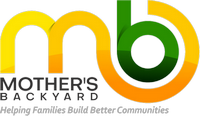
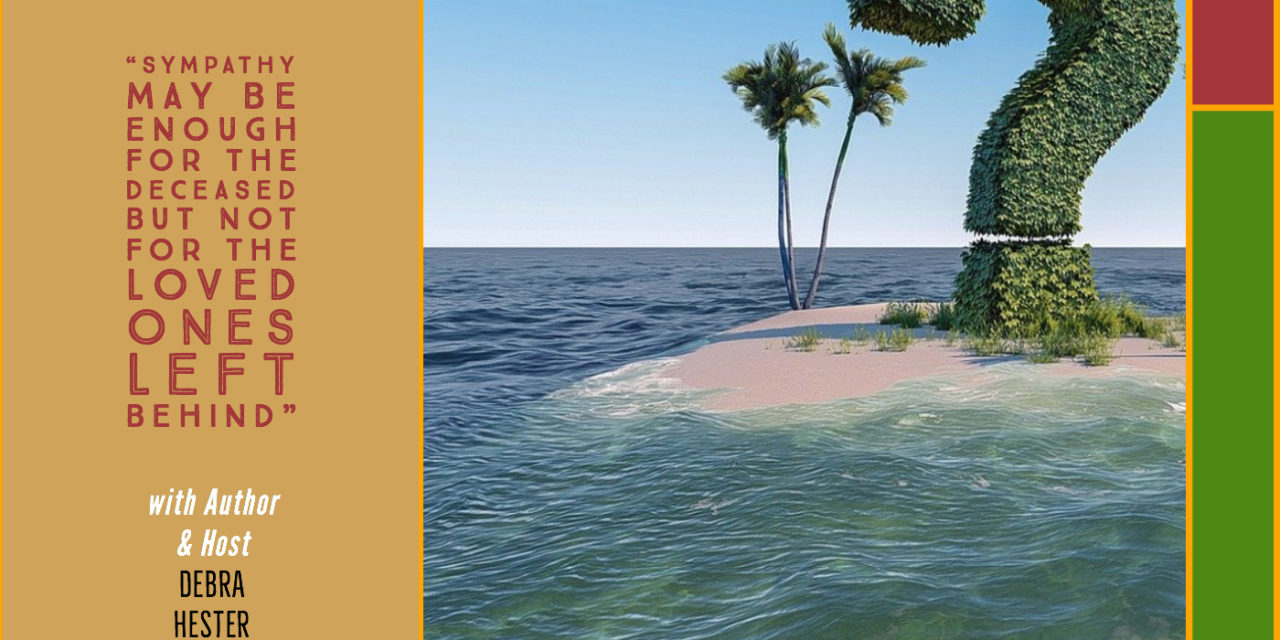
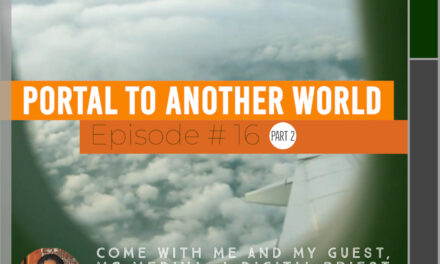
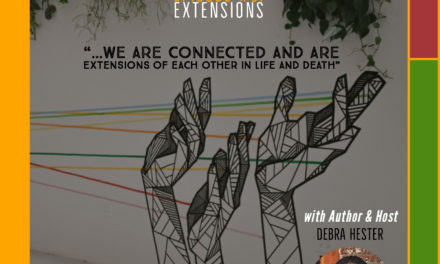
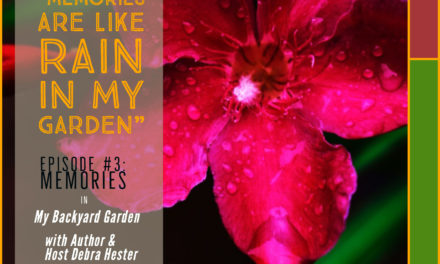
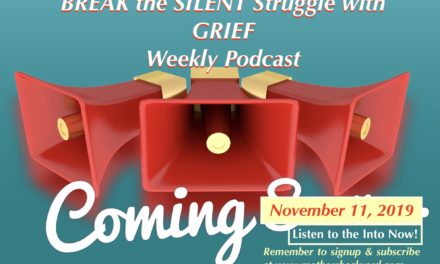
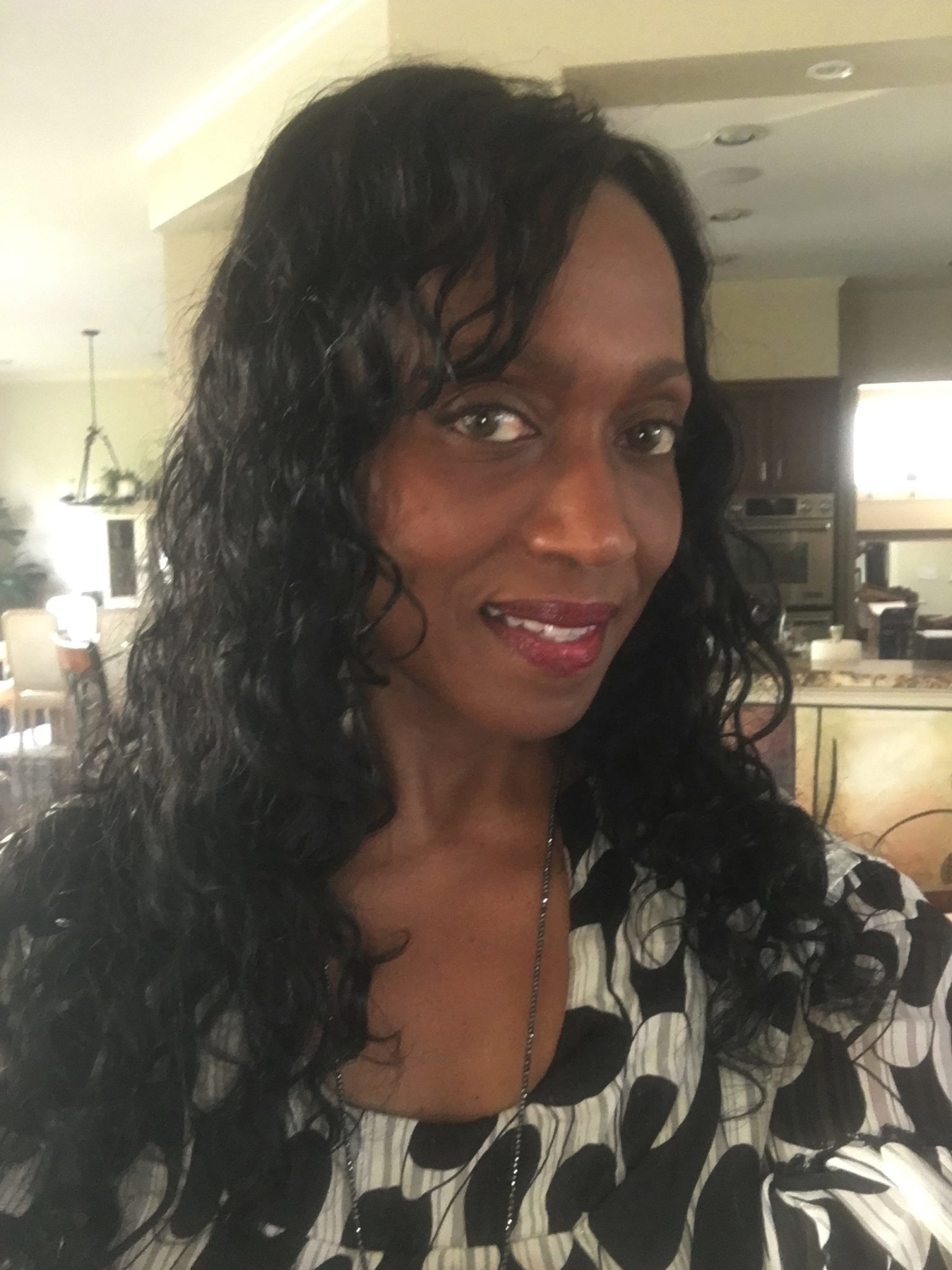
Great content! Super high-quality! Keep it up! 🙂
Thank you so much for the encouragement! Working on the next episode right now.